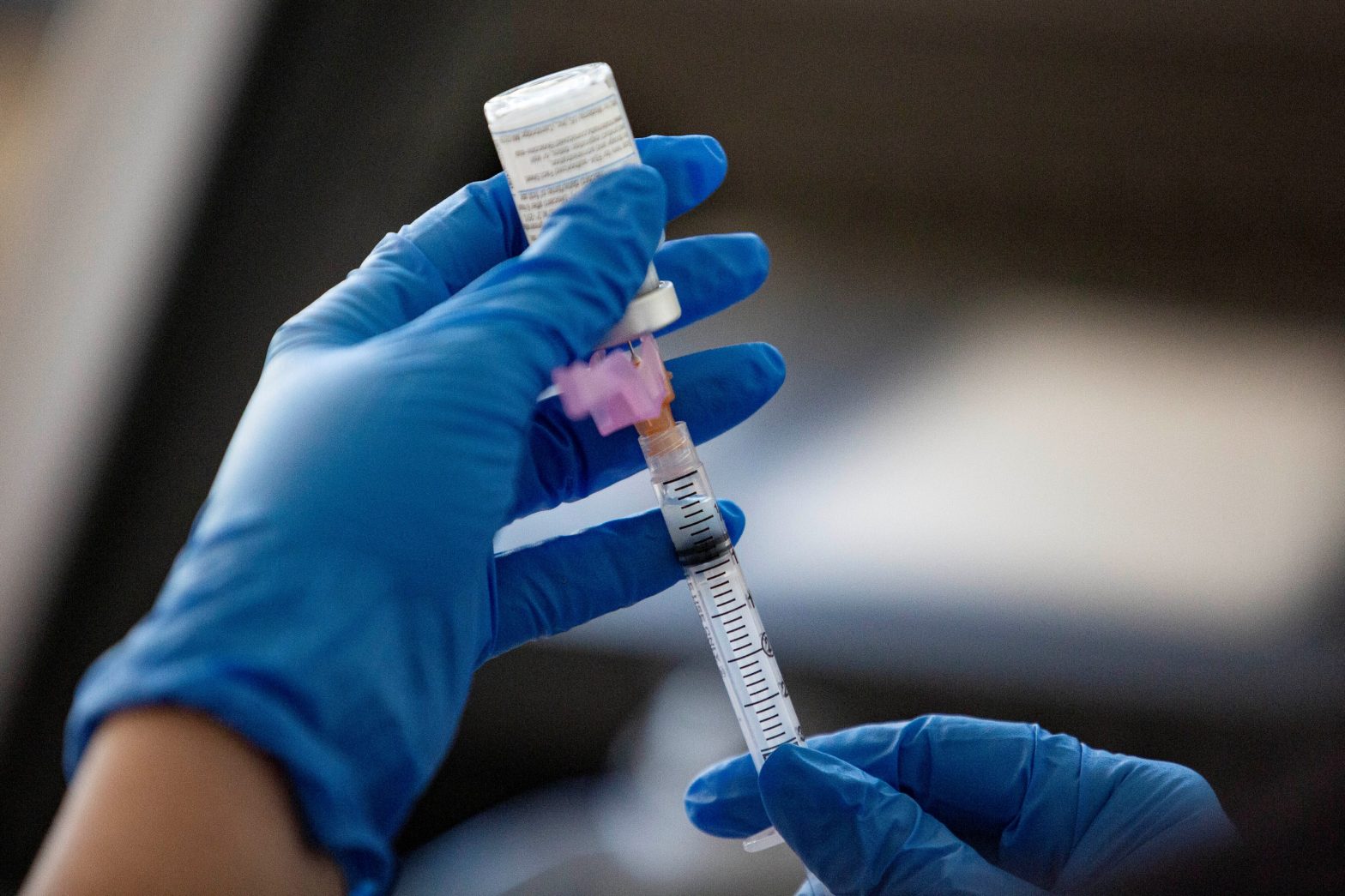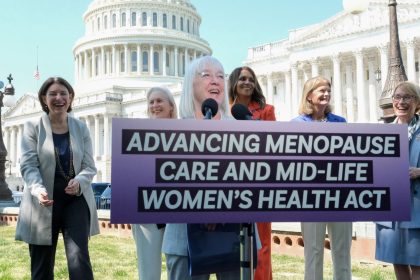Vaccine-Induced Antibodies Effective in Protecting Newborns

Renee Poligone, a 30-year-old tax examiner from Harrisburg, Pa., will soon be faced with the decision of whether or not to get a vaccine six months into her pregnancy.
“I am open to getting a vaccine if I wasn’t pregnant, but with being pregnant I am hesitant,” she recently told The Well News..
Months ago, Ayodeji O Bakare, Poligone’s OB-GYN, indicated there were “not a lot of studies” on how the vaccines would impact pregnant women and newborns, so she decided to hold off.
That is, until a study came out last week from the American Journal of Obstetrics and Gynecology which found that Pfizer-BioNTech and Moderna would be safe and effective in protecting newborns if the mother received the vaccine.
One of researchers of the study, Dr. Kathryn Gray, an associate obstetrician at Brigham and Women’s Hospital and instructor at Harvard Medical School, was surprised at the number of women who wanted to enroll in the study.
“We lacked reliable data for a long time. We knew that COVID-19 hit pregnant women harder, but they were excluded from these trials until February,” stated Gray.
Over the past year, there were roughly 82,000 COVID-19 cases among pregnant women, and a total of 92 deaths, based on data provided by the Centers for Disease Control.
COVID-19 infection has proven to be more severe in pregnant women compared to their non-pregnant counterparts, with an increased risk of hospital admission, ICU stay, and death, according to the report.
On Dec. 17, 2020, researchers began enrolling participants in the cohort by recruiting 131 reproductive-age vaccine recipients (84 pregnant, 31 lactating, and 16 non-pregnant.)
Either the Pfizer/BioNTech or Moderna vaccine was given to the women, and researchers found that those who previously had COVID-19 infection had a, “more robust response to getting the vaccine.”
“People say they shouldn’t get the vaccine because they already had COVID, but we could see this was actually a reason to get it even more,” stated Grey.
More importantly, researchers found that in lactating women the maternal vaccination contained a breast milk antibody transfer. For pregnant women, the maternal antibodies from the vaccine were capable of crossing the placenta to confer immunity to the neonate.
And while Grey says this shows that vaccine antibodies could protect newborns, it’s uncertain for how long.
“We know that passive immunity, or pregnant women passing antibodies through placenta, lasts somewhere between weeks and months, but time will only tell how protective they are to the neonatal, and how long they last,” stated Grey.
To further understand issues standing in the way of vaccine safety for pregnant and lactating women, the Centers for Disease Control and Prevention created a “V-safe” tool.
Also known as the “after vaccination health checker,” the tool is a smartphone-based app which uses web surveys and text messaging to check in with pregnant and lactating women who have received a COVID-19 vaccine.
The tool allows women to inform the CDC if they experience side effects, will alert a woman of a second dose if needed, and arranges for a CDC representative to make a routine call after someone receives a vaccine.
So far, V-safe data reveals that pregnant and lactating women who received the shot experienced no more side effects then the general population.
“The CDC released their first set of data from February, but to-date they see no safety signals,” stated Grey.
As Poligone prepares for her due date in July, she has been taking virtual classes on what to expect in a case of preterm labor, breastfeeding courses, and baby care basics. Now, she also plans to look into registering with V-safe for when she does receive the vaccine.
“I am leaning towards getting the vaccine when the baby is born, and when I’m breastfeeding,” Poligone states.
While the “V-safe” tool is a start for tracking safe vaccine distribution for pregnant and lactating women, it’s only a start.
“We are still lagging in getting the message out and providing education and tools to address vaccine hesitancy. We will need to use our best tools to get vaccine distribution into all types of sectors,” stated Grey.























